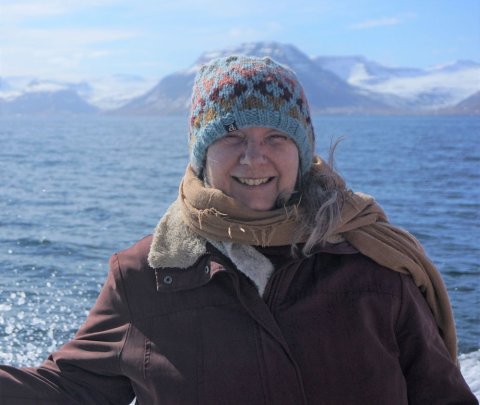Here below you can find all master courses the University Centre offers. All courses are taught in 1-3 week modules running from August through June. See how the courses are organised in the teaching schedule for both programs. Usually 2-3 courses are taught at the same time, but students may only enroll in one course at a time.
The master courses are available to you whether you plan to pursue a degree or just take a course or courses. Please review the options for guest studies to determine how you can apply.
For further information, contact the Administrative Director of Education and Teaching.
Climate change in coastal regions: adaptation and mitigation
- Spring 2026
- Instructor: Dr. Patricia Manuel
About the course
This course reviews major projected impacts of climate change in coastal areas under the different UNFCCC scenarios. It then introduces students to strategies and tools that societies can and do use to adapt to future conditions and build climate-resilient communities: for example, through community-based adaptation measures, capacity-building, hard and soft protection responses, and economic incentives. The course also discusses the scientific bases and the societal context of different current and proposed strategies to mitigate climate change, such as blue carbon approaches, geoengineering, and carbon sequestration and storage technologies. It highlights current best practices and encourages students to consider issues of resilience, justice, and intra and intergenerational equity as they assess options to confront anthropogenic climate change.
Instructor
is a Professor of Planning in the School of Planning, Dalhousie University, Halifax, Nova Scotia, Canada and is cross-appointed to the Dalhousie School of Occupational Therapy. She is also a licensed professional planner (LPPNS) and member of the Atlantic Planners Institute and the Canadian Institute of Planners and serve as a director of the Licensed Professional Planners Association of Nova Scotia and Coastal Zone Canada Association.
As a geographer and environmental planner, she teacheas broadly in community and environmental planning and conducts applied research in multidisciplinary teams on climate change adaptation, wetland and watershed planning, and marine spatial planning.
Patricia's current research includes investigating barriers to and opportunities for nature-based adaptation in coastal regions, social vulnerability and climate change, community-based engagement in marine spatial planning, the intersection of community planning and marine spatial planning, and integration of local and traditional knowledge in marine resource decision-making. Students conduct research and work in internships in all these areas under my supervision and benefit from being part of the research groups.
